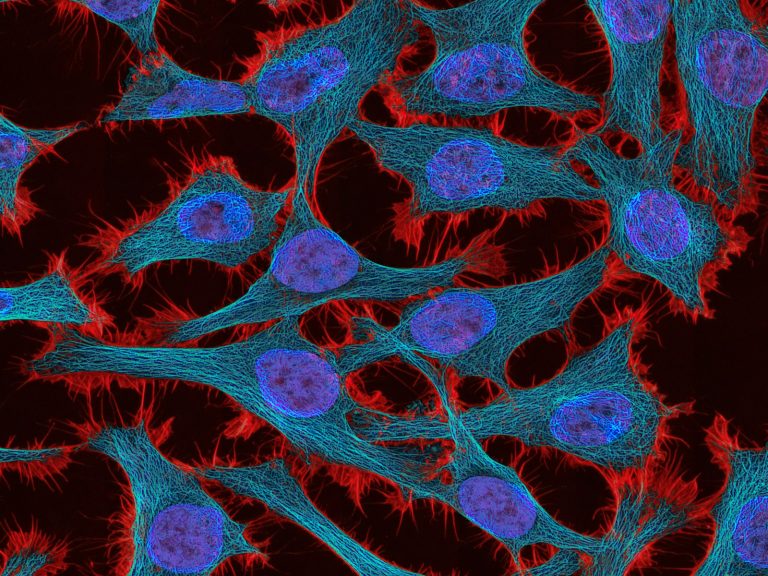Researchers at the University of Dundee have been awarded significant government funding to continue their crucial work for the next five years.
- Dundee-based researchers, who have already developed a skin cancer treatment and attracted £60 million in private investment, receive further government backing.
- Close to £30 million in government funding will support research into how signals are transmitted within cells, potentially leading to treatments for diseases like motor neurone disease and Crohn’s.
- Science and Technology Secretary Peter Kyle to announce the funding at the Universities UK conference, emphasizing higher education’s role in driving innovation and economic growth.
Additional Government Support
A team of researchers in Dundee, known for their ground-breaking work on diseases such as cancer and Parkinson’s, will receive additional government support to extend their important research for five more years. To date, their efforts have attracted £60 million in private investment, and they have developed several treatments that are now used worldwide. Science and Technology Secretary Peter Kyle is expected to make the announcement today (Thursday, 5 September) at the Universities UK conference.
The Medical Research Council’s Protein Phosphorylation and Ubiquitylation Unit (MRC PPU) at the University of Dundee will benefit from nearly £30 million in funding allocated by UKRI’s Medical Research Council (MRC). This investment will enhance the unit’s cell biology research and enable its vital work to continue for another five years.
Currently, the MRC PPU’s team of over 200 staff and students utilise cutting-edge technology to investigate how cell signalling pathways are disrupted. By collaborating closely with industry, the Dundee-based unit has played a crucial role in the development and approval of more than 40 drugs, many of which are used globally to treat patients. Their work, which has already delivered a skin cancer treatment, underscores Scotland’s growing prominence in life sciences and supports the UK government’s ambition to position the nation as a global hub for scientific innovation and investment.
The new funding will help researchers explore how better understanding cellular processes could lead to new treatments for diseases like Alzheimer’s, Parkinson’s, Crohn’s, and coeliac disease.
Science and Technology Secretary Peter Kyle
“Going to university changed everything for me. It helped me discover potential I never knew I had. Our universities’ contribution to the economy and society is immense. As we embark on a decade of renewal, higher education has a pivotal role to play, whether it’s advancing clean energy or revitalising the NHS. I will always champion our universities because they are engines for innovation and economic growth, making our lives better. That’s why funding like this £30 million boost is so essential.”
Science Minister Lord Vallance added:
Development of a Melanoma Treatment
The Dundee team, which works with major pharmaceutical companies like GlaxoSmithKline, has been instrumental in the development of a melanoma treatment. They are also progressing a new drug for Parkinson’s, currently in clinical trials.
Professor Dario Alessi, Director of the MRC PPU, expressed his gratitude for the continued support:
“The long-term backing from the MRC over the past 34 years has allowed us to tackle critical questions, significantly advancing our understanding of how biological processes derail, leading to diseases like cancer and neurodegeneration. Over the next five years, we’ll collaborate with leading research centres, clinicians, and pharmaceutical companies to translate our discoveries into clinical advancements.”
Professor Patrick Chinnery, Executive Chair of the MRC, commented:


